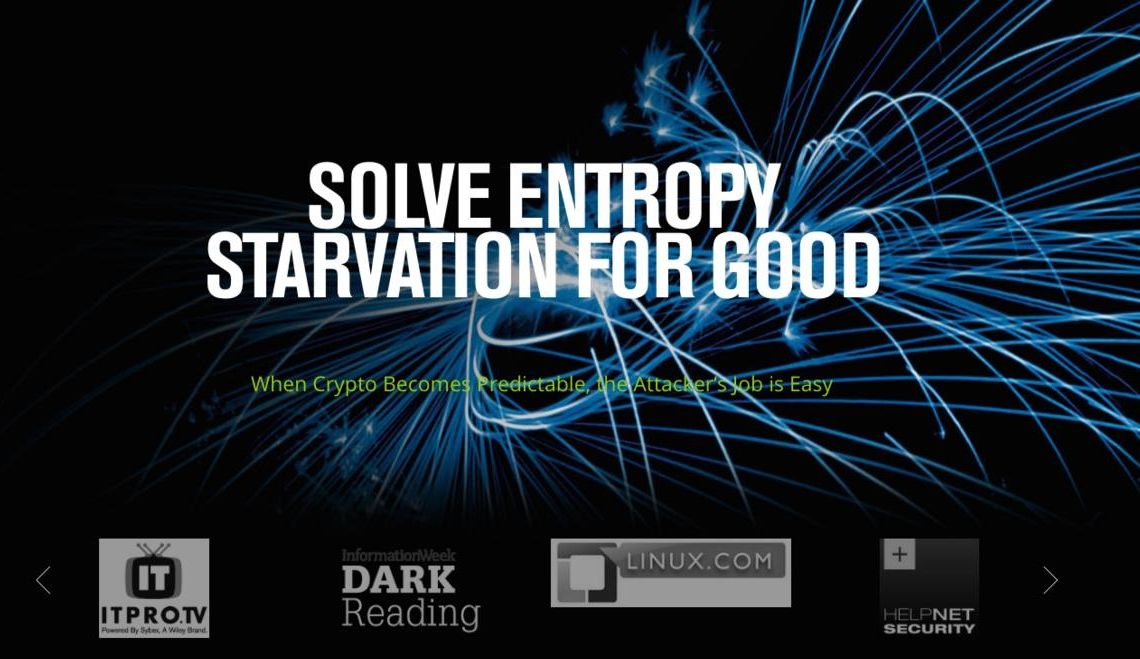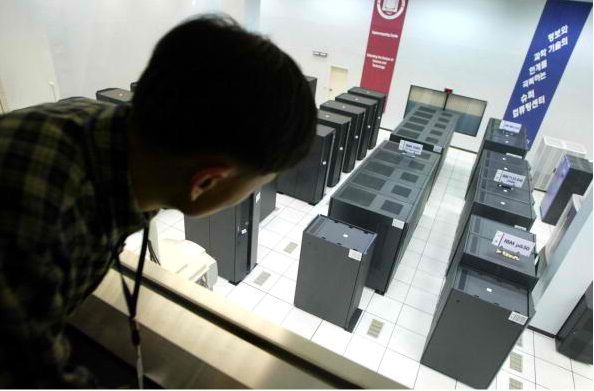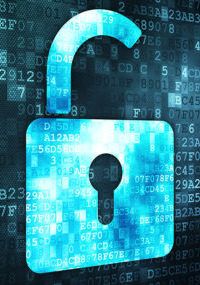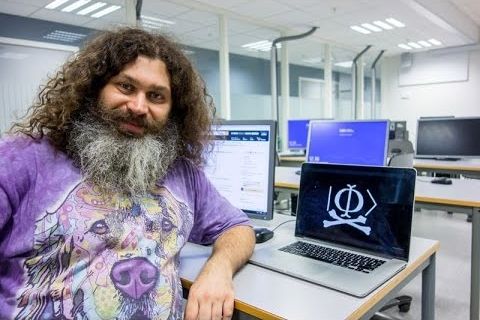NICE.
The Science
Newswise — Quantum computers — a possible future technology that would revolutionize computing by harnessing the bizarre properties of quantum bits, or qubits. Qubits are the quantum analogue to the classical computer bits “0” and “1.” Engineering materials that can function as qubits is technically challenging. Using supercomputers, scientists from the University of Chicago and Argonne National Laboratory predicted possible new qubits built out of strained aluminum nitride. Moreover, the scientists showed that certain newly developed qubits in silicon carbide have unusually long lifetimes.
The Impact
Quantum computers could break common cryptography techniques, search huge datasets, and simulate quantum systems in a fraction of the time it would take today’s computers. However, engineers first need to harness the properties of quantum bits. Engineering new qubits with less difficult methods could lower one of the significant barriers to scaling quantum computers from small prototypes into larger-scale technologies.









